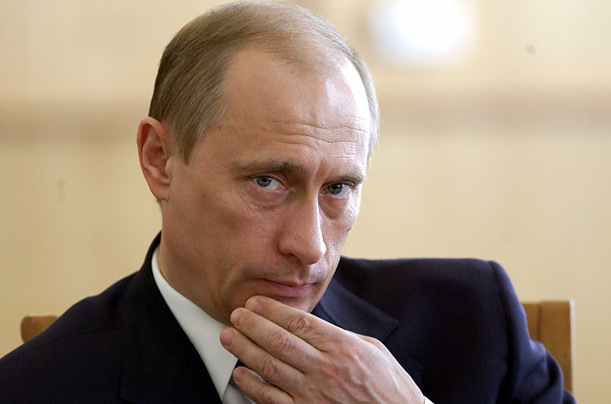 As I packed my suitcase to travel to Kiev for the New Year I heard on the radio the ominous words, “The era of cheap gas is over” – they were uttered by Vladimir Putin, the Russian autocrat currently styling himself as “Prime Minister.” Gazprom, Russia’s gas monopoly, had promised to cut off supplies to Ukraine – if Ukraine did not agree, in a year where its GDP had fallen 14 per cent, to a significant price rise, at a time when gas prices are falling.
As I packed my suitcase to travel to Kiev for the New Year I heard on the radio the ominous words, “The era of cheap gas is over” – they were uttered by Vladimir Putin, the Russian autocrat currently styling himself as “Prime Minister.” Gazprom, Russia’s gas monopoly, had promised to cut off supplies to Ukraine – if Ukraine did not agree, in a year where its GDP had fallen 14 per cent, to a significant price rise, at a time when gas prices are falling.
Last time this happened, Ukraine had to cave in – but this time even that country’s famously bickering politicians had worked out how to stop Russia’s blackmail – store enough gas to last the winter, and negotiate later, when Gazprom has more need for money, and Ukraine less for gas. Slovakia wasn’t so wise – it as now been totally cut off and a state of emergency has been declared. Now we hear that Russia has cut off all supplies to Europe through Ukraine. Hungary, Bulgaria and the Czech Republic are all facing shortages.
But through this looks like Russia behaving like a new “energy superpower” – it also shows the weakness of its basis for power. Ultimately, and particularly now that oil prices have fallen, Russia needs the money almost as much as Eastern Europe needs the gas. Moscow has tried to pick off individual countries with specific contracts, knowing a single country’s refusal to pay won’t lose them too much cash. The solution is simple: to build storage like Ukraine so that Russia can’t extort higher prices by threatening to cut off supply in the winter; and for gas consuming countries to buy gas collectively in a Europe-wide trade union.
This is essential, because though Russia is weaker than it appeared this summer when it invaded Georgia, it feels that it gets far less respect than it believes it is entitled to. Putin’s power depends on telling his people that he’s restoring Russian national greatness. As recession bites, his need for foreign adventures, unpredictable like those of Wilhelmine Germany, will only grow.






Comments